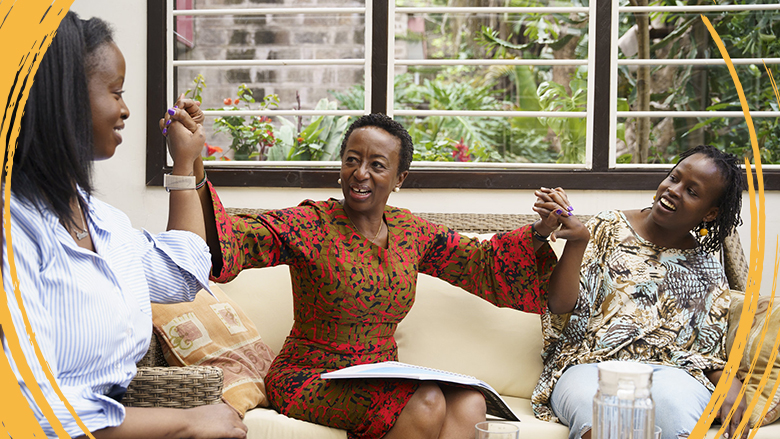The 16 Days of Activism against Gender-Based Violence is an annual international campaign observed from November 25 – the International Day for the Elimination of Violence against Women – through December 10, International Human Rights Day. During this period, individuals and organizations around the world—including the World Bank Group (WBG)—unite to call for the prevention and elimination of violence against women and girls.
Violence against women and girls holds back human potential and economic growth
Violence against women and girls limits access to education, employment, and participation in public life—holding back human potential and economic growth. Globally, one in three women experience physical or sexual violence in their lifetime, and in fragile or conflict-affected settings that figure doubles. Digital and technology-facilitated abuse, a key theme for the UN in 2025, is also rising, affecting 16–58% of women.
The human and economic costs are profound. Intimate partner violence alone can drain 1.2–3.7% of GDP, more than many countries spend on education. Lost wages, absenteeism, and reduced productivity weaken families, communities, and economies alike.
Safety for women and girls expands opportunities for all and helps economies grow
Legal protection is essential to safety and equality. However, the World Bank’s Women Business and the Law report highlights some major gaps: 39 economies lack laws against sexual harassment in employment, 86 lack adequate domestic violence legislation protecting women from all forms of violence, and 139 have insufficient legal protections against child marriage.
Building safer, stronger societies and economies starts with ensuring that women and girls live free from violence. It starts in homes, workplaces, schools, and communities and requires the active participation of men and boys to help shape cultures and environments of equality and safety. Only with safety can economies grow and opportunities expand for all.

